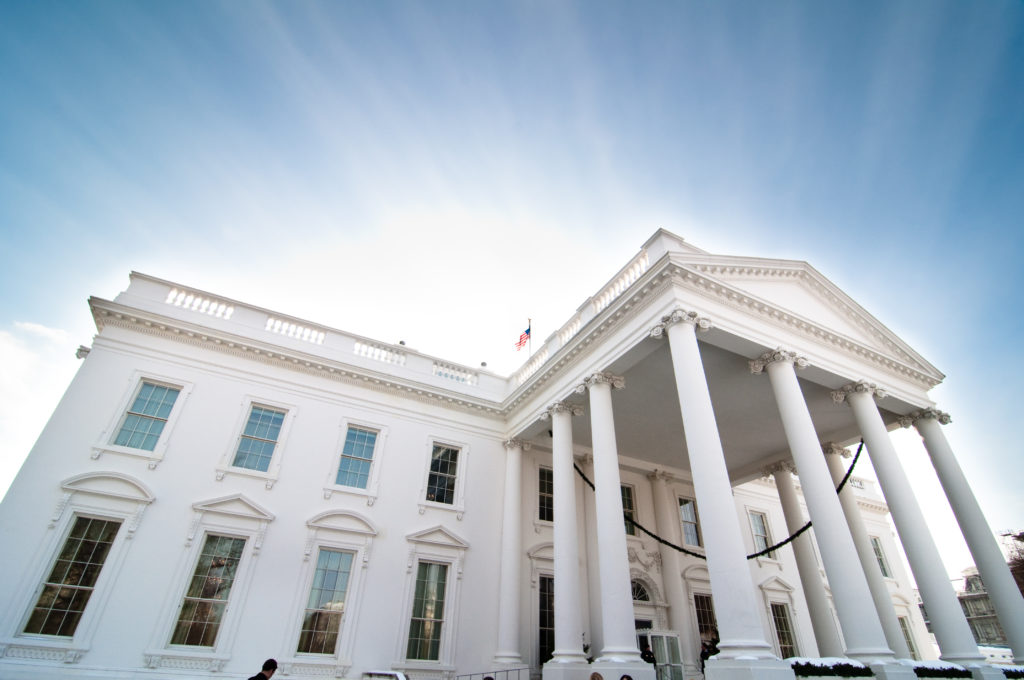
Press Release
Experts Unveil National Policy Roadmap to Protect Supply Chains Stressed by COVID-19, Winter Storms
FOR IMMEDIATE RELEASE
Contact: [email protected]
New Report from the Consumer Brands Association Calls for Establishing National Office of Supply Chain to Coordinate Public-Private Strategy
ARLINGTON, Va. – At the outset of the COVID-19 pandemic, consumers became painfully aware of supply chain stressors as they watched essential household items like disinfectants, baby food and toilet paper disappear from the shelves. Today, the Consumer Brands Association and the Council of Supply Chain Management Professionals (CSCMP), along with researchers from Iowa State University, released a report detailing policy recommendations to strengthen private sector supply chains. This comprehensive study calls for the establishment of a national Office of Supply Chain to provide much-needed expertise, facilitate coordination across the federal government and encourage collaboration with the private sector.
This new report, U.S. Supply Chain Priorities: The Case for a Federal Office of Supply Chain, provides a roadmap for policymakers to enhance supply chain competitiveness and resiliency, and remedy the current disjointed system. The report reflects input from 25 supply chain thought leaders and government and NGO research.
“The pandemic displayed just how fragile and essential supply chains are, especially for vulnerable populations where access, affordability and availability are paramount,” said Geoff Freeman, president and CEO of the Consumer Brands Association. “Supply chains deliver for millions of consumers every day, yet they don’t receive the necessary coordinated attention from our policymakers. Greater federal leadership on supply chain policy will lead to a stronger economic recovery, growth and stability for future crises.”
The importance of protecting private sector supply chains was once again on display last week, as unprecedented winter storms battered the state of Texas and millions of Americans were left waiting for basic supplies. According to the Federal Emergency Management Agency’s (FEMA) 2019 Supply Chain Resilience Guide, the most effective way to deliver needed supplies to a disaster-impacted area is by re-establishing pre-disaster supply chains. Building resilience within, and providing for the rapid restoration of, supply chain systems is key to responding to any catastrophic incident.
Today’s report from Consumer Brands proposes a number of policy recommendations to strengthen this response, including the creation of a White House Office of Supply Chain to more effectively coordinate and integrate supply chain policies and liaise with the private sector; reforming immigration policies to build a talent pipeline; developing new funding mechanisms to meet the long-term needs of freight transportation; and establishing a framework to accommodate quickly emerging innovative vehicle technologies. This report confirms the importance of H.R. 1024, a bill recently introduced by Reps. Brad Schneider (D-IL-10) and Dusty Johnson (R-SD-AL) to establish such an office to address persistent concerns stemming from COVID-19.
“Between COVID-19, winter storms and more, there’s mounting awareness that we need to take action to shore up our supply chains,” said Tom Madrecki, vice president of supply chain and logistics at Consumer Brands. “Strategic policymaking and strong government leadership is a critical piece of that. Consumer Brands looks forward to working with all partners, including Reps. Schneider and Johnson, to get America’s supply chains on the right track.”
“Well-intentioned policy efforts are currently hindered by the disjointed nature of government and the lack of an overarching national strategy,” said Chris Adderton, vice president of CSCMP. “Our report identifies dozens of opportunities for government to help improve the tremendous complexity and interconnected nature of modern supply chains.”
###
The Consumer Brands Association champions the industry whose products Americans depend on every day, representing more than 1,900 iconic brands. From household and personal care to food and beverage products, the consumer packaged goods industry plays a vital role in powering the U.S. economy, contributing $2 trillion to U.S. GDP and supporting more than 20 million American jobs.
Published on February 23, 2021




